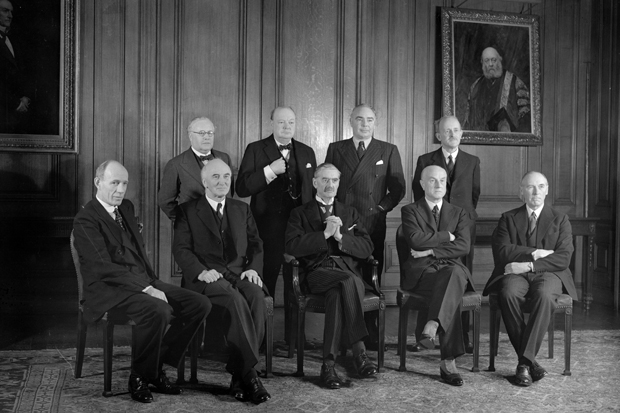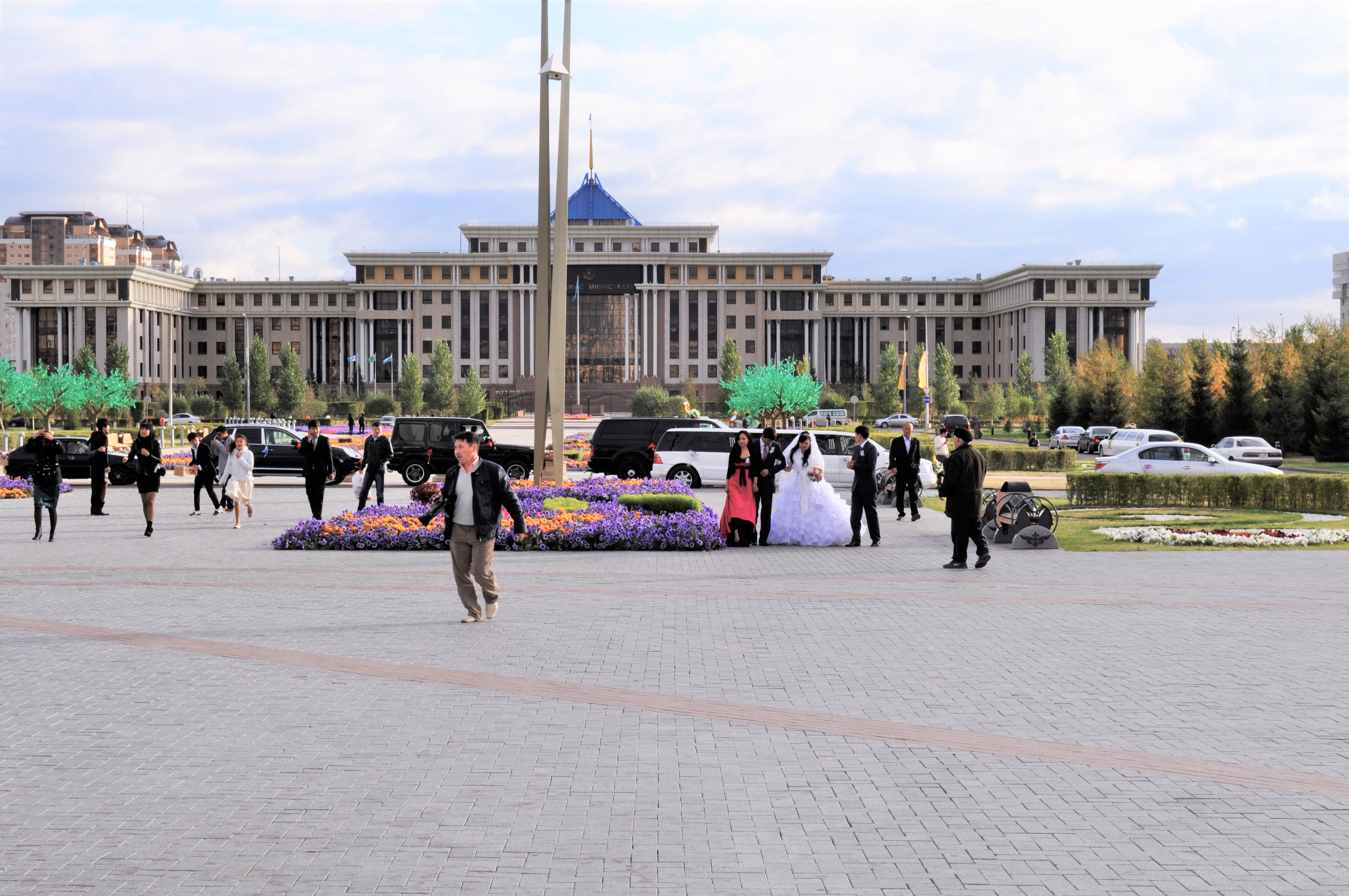|
Ministry Of War (Nguyễn Dynasty)
Ministry of War may refer to: * Ministry of War (imperial China) ( 600–1912) * Chinese Republic Ministry of War (1912–1946) * Ministry of War (Kingdom of Bavaria) (1808–1919) * Ministry of War (Brazil) (1815–1999) * Ministry of War (Estonia) (1918–1928; 1937-1940) * Ministry of War (France) (1791–1947) * Ministry of War (Italy) (1861–1947) * Ministry of War (pre-modern Japan) (702–1872) * Ministry of War (Japan) (1872–1945) * Ministry of War (Peru) (1920–1987) * Ministry of War (Portugal) (1820–1974) * Ministry of War (Prussia) (1808–1919) * Ministry of War of the Russian Empire (1802–1917) * Ministry of War of Saxony (1831–1919) * Ministry of War of Württemberg (1806–1919) See also * Ministry of defence, a type of government department * War Department * War cabinet, a committee formed by a government in a time of war * Chamberlain war ministry, the United Kingdom government 1939–1940 * Churchill war ministry, the United Kingdom government 1940� ... [...More Info...] [...Related Items...] OR: [Wikipedia] [Google] [Baidu] |
Ministry Of War (imperial China)
The Ministry of War was one of Six Ministries under the Department of State Affairs in imperial China. Name The Ministry of War is also commonly translated as the Ministry or . Function During the Ming dynasty, the Ministry of War had control over appointments, promotions, and demotions of military officers; the maintenance of military installations, equipment, and weapons; and administration over the imperial Chinese post or courier network. Courier network Workers found jobs at Relay Stations or Post Offices during the Ming dynasty in multiple ways. Some were directly appointed by the Emperor. In some cases, local indigenous leaders received these appointments. The subordinate positions were filled by members of the leader's entourage, including cooks, stable hands and innkeepers. Thereafter the Stationmaster became an inherited position, in some cases for over 100 years. At more isolated frontier stations, exiles, ex-criminals and prisoners of war filled the positions. Form ... [...More Info...] [...Related Items...] OR: [Wikipedia] [Google] [Baidu] |
Ministry Of War (Prussia)
The Prussian Ministry of War was the highest state authority of the Royal Prussian Army and was responsible for the central administration of the army of the Kingdom of Prussia and, later, the Imperial German Army. The ministry existed from 1808 through the establishment of the German Empire and was dissolved in 1919, being succeeded by the Ministry of the Reichswehr. Formation The Prussian Ministry of War was gradually established between 1808 and 1809 as part of a series of reforms initiated by the Military Reorganization Commission created after the disastrous Treaties of Tilsit. The War Ministry was to help bring the Army under constitutional review, and, along with the General Staff, systematize the conduct of warfare. Gerhard von Scharnhorst, the most prominent and influential of the reformers, served as acting Minister of War from roughly 1808 until 1810 (he was also concurrently Chief of the General Staff). The War Ministry was established on 25 December 1808, replacin ... [...More Info...] [...Related Items...] OR: [Wikipedia] [Google] [Baidu] |
Chamberlain War Ministry
Neville Chamberlain formed the Chamberlain war ministry in 1939 after British declaration of war on Germany (1939), declaring war on Germany. Chamberlain led the country for the first eight months of the Second World War, until the Norway Debate in Parliament of the United Kingdom, Parliament led Chamberlain to resign and Winston Churchill to form a Churchill war ministry, new ministry. History On 3 September 1939, Neville Chamberlain, Prime Minister of the United Kingdom, reconstructed his National Government (1937–1939), existing government so as to be suited for the Second World War. The most dramatic change to the ministerial line-up saw the return of Winston Churchill as First Lord of the Admiralty. Other changes included Thomas Inskip, 1st Viscount Caldecote, Lord Caldecote replacing Frederic Maugham, 1st Viscount Maugham, Lord Maugham as Lord Chancellor, Sir John Anderson replacing Samuel Hoare, 1st Viscount Templewood, Sir Samuel Hoare as Home Secretary (Hoare became ... [...More Info...] [...Related Items...] OR: [Wikipedia] [Google] [Baidu] |
War Department
War Department may refer to: * War Department (United Kingdom) * United States Department of War The United States Department of War, also called the War Department (and occasionally War Office in the early years), was the United States Cabinet department originally responsible for the operation and maintenance of the United States Army, als ... (1789–1947) See also * War Office, a former department of the British Government * Ministry of defence * Ministry of War * Ministry of Defence * Department of Defence {{set index ... [...More Info...] [...Related Items...] OR: [Wikipedia] [Google] [Baidu] |
Ministry Of Defence
A ministry of defence or defense (see American and British English spelling differences#-ce.2C -se, spelling differences), also known as a department of defence or defense, is the part of a government responsible for matters of defence and Military, military forces, found in Sovereign state, states where the government is divided into Ministry (government department), ministries or departments. Such a department usually includes all Military branch, branches of the military, and is usually controlled by a defence minister or secretary of defense. The role of a defence minister varies considerably from country to country; in some the minister (government), minister is only in charge of general budget matters and procurement of equipment, while in others they are also an integral part of the operational military chain of command. Historically, such departments were referred to as a ministry of war or department of war, although they generally had authority only over the army of ... [...More Info...] [...Related Items...] OR: [Wikipedia] [Google] [Baidu] |
Ministry Of War Of Württemberg
The Ministry of War of Württemberg () was a Ministry (government department), ministry of the Kingdom of Württemberg, that existed from 1806 to 1919. It was located in Stuttgart at Olgastraße 13. History The predecessor of the Ministry of War, the ''Kriegsratskollegium'', was established on 14 March 1705. Each of the four German kingdoms (Württemberg, Kingdom of Prussia, Prussia, Kingdom of Saxony, Saxony and Kingdom of Bavaria, Bavaria) continued, according to an 1870 military treaty, to have their own war ministries from the Unification of Germany until the adoption of the 1919 Weimar Constitution, that provided for a unified, Ministry of the Reichswehr, federal ministry of defence. Kingdom of Württemberg Upon the establishment of the Kingdom of Württemberg, King Frederick I of Württemberg, Frederick I dissolved all councils and created a constitutional monarchy within the German Empire, with four votes in the Federal Council () and 17 in the Imperial Diet (). The kingdom ... [...More Info...] [...Related Items...] OR: [Wikipedia] [Google] [Baidu] |
Ministry Of War Of Saxony
The Ministry of War of Saxony was a government ministry of the Kingdom of Saxony that existed from 1831 to 1919. It subsequently briefly existed as the Ministry of Defence in the Free State of Saxony from 1918 until 1919, when the new Weimar Constitution of Germany provided for the replacement of all state ministries of defence by the Federal Ministry of Defence. History The 1831 Constitution of Saxony established 6 ministries, which each reported to the Diet (parliament). The War Office was one of these ministries. In 1866, following the North German Confederation Treaty, the Kingdom of Saxony entered the North German Confederation. In 1870, the November Treaties were signed to admit several southern states into the new German Confederation. Representatives from Saxony were included, and the result of the treaties included provisions permitting Saxony to retain its own ministry of war. Following World War I, the German Empire collapsed in the German Revolution of 1918–1919. ... [...More Info...] [...Related Items...] OR: [Wikipedia] [Google] [Baidu] |
Ministry Of War Of The Russian Empire
Ministry of War of the Russian Empire (, ''Military Ministry'') was an administrative body in the Russian Empire from 1802 to 1917. It was established in 1802 as the ''Ministry of ground armed forces'' () taking over responsibilities from the College of War during the Government reform of Alexander I which led to the Ministerial reform in the Russian Empire, creation of ministries. It was renamed to the ''Ministry of War'' in 1815. Structure At the end of the 19th century, the Ministry of War had following structure. * Military Council (Russian Empire), Military Council * War Ministry Chancellery * Grand Staff - personal matters, organization, instruction and economy of the army * H. I. M. Retinue, His Imperial Majesty's Retinue * Departments: ** Commissariat Department ** Artillery Department ** Military engineering, Engineer (Military Technical) Department ** Military Medical Department ** Military Education Department ** Military Justice Department ** Department of Cossack ... [...More Info...] [...Related Items...] OR: [Wikipedia] [Google] [Baidu] |
Ministry Of War (Portugal)
The War Ministry (''Ministério da Guerra'') was the government department responsible for the administration of the Portuguese Army. In 1950 it was renamed Army Ministry (''Ministério do Exército''). The Army Ministry was disbanded in 1974, when it was replaced by the Ministry of National Defence A ministry of defence or defense (see spelling differences), also known as a department of defence or defense, is the part of a government responsible for matters of defence and military forces, found in states where the government is divided .... References Portuguese Army Military of Portugal {{Europe-mil-stub ... [...More Info...] [...Related Items...] OR: [Wikipedia] [Google] [Baidu] |
Chinese Republic Ministry Of War
The Ministry of War ( zh , t = 軍政部 ) of the Republic of China was the cabinet level department charged with administering the Army of the Chinese Republic from 1912 to 1946. Organizational structure The Ministry of War supervised: * General Affairs Department * Military Affairs Service * Quartermaster Service * Ordnance Service * Medical Service Ministers of War * Feng Yuxiang (馮玉祥): 1928–1929 * Lu Zhonglin (鹿鍾麟): 1929 * Chen Yi (陳儀): 1929 * Lu Zhonglin (鹿鍾麟): 1929 * Zhu Shouguang (朱綬光): 1929–1930 * He Yingqin (何應欽): 1930 - 1944 * Chen Cheng (陳誠): 1944 - 1945 See also * Imperial Chinese Ministry of War * Ministry of National Defense of the Republic of China * National Revolutionary Army The National Revolutionary Army (NRA; zh, labels=no, t=國民革命軍) served as the military arm of the Kuomintang, Chinese Nationalist Party (Kuomintang, or KMT) from 1924 until 1947. From 1928, it functioned as the regular army, de ... [...More Info...] [...Related Items...] OR: [Wikipedia] [Google] [Baidu] |
Ministry Of War (Peru)
War is an armed conflict between the armed forces of State (polity), states, or between governmental forces and armed groups that are organized under a certain command structure and have the capacity to sustain military operations, or between such organized groups. It is generally characterized by widespread violence, destruction, and mortality, using Regular army, regular or Irregular military, irregular Military, military forces. Warfare refers to the common activities and characteristics of types of war, or of wars in general. Total war is warfare that is not restricted to purely legitimate military targets, and can result in massive Civilian casualty, civilian or other non-combatant suffering and Casualty (person), casualties. Etymology The English word ''war'' derives from the 11th-century Old English words and , from Old French ( as in modern French), in turn from the Frankish language, Frankish , ultimately deriving from the Proto-Germanic language, Proto-German ... [...More Info...] [...Related Items...] OR: [Wikipedia] [Google] [Baidu] |

